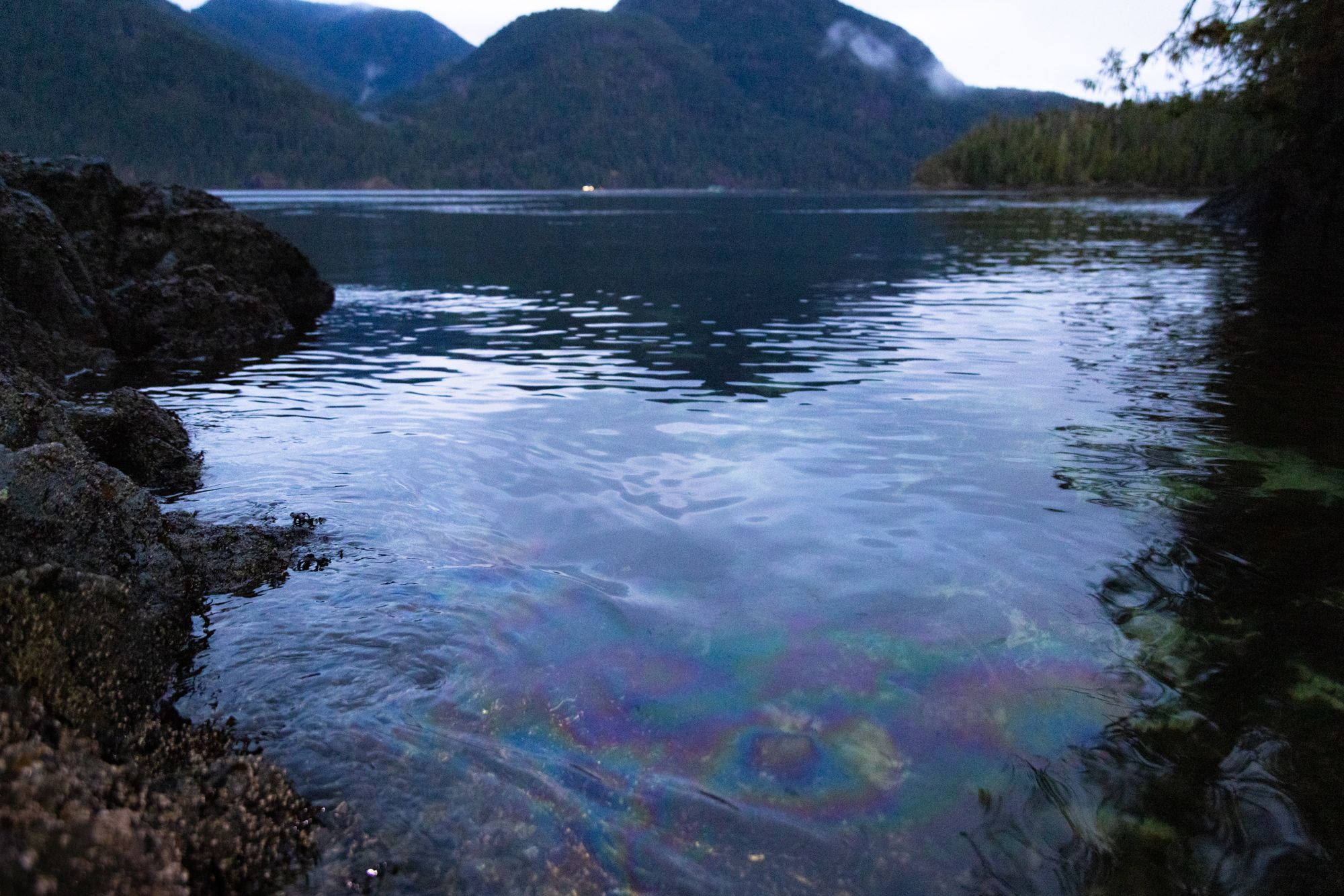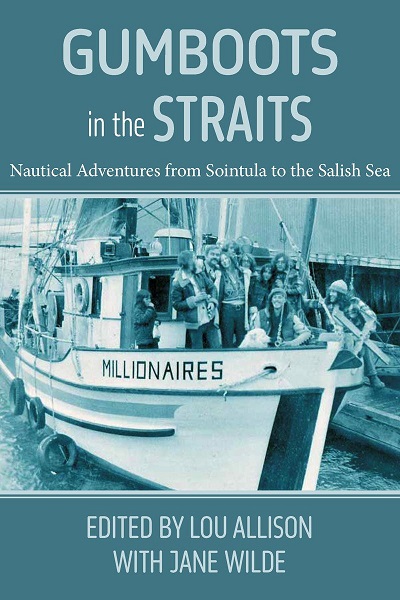Ocean Exposures Photo Contest 2024
Nuchatlaht Nation Grieves the Damages to the Territory in the Wake of Grieg Seafood Fish Farm Oil Spill
Nuchatlaht Nation Grieves the Damages to the Territory in the Wake of Grieg Seafood Fish Farm Oil Spill


We’re so thankful to the “Gumboots in the Straits” team for supporting LOS with royalties from their book. Packed with stories of personal transformation and adapting to the changing tides of life, Gumboots in the Straits captures the dynamic momentum of the decade and the enduring allure of the sea. Learn more about purchasing the book. www.cohobooks.com/item/r5ypYwSBQz-qDBcgvEwSxQ
In June 2009, Living Oceans Society led the Finding Coral Expedition, a journey to the bottom of the sea on Canada’s Pacific coast in search of deep sea corals. Using one person submarines, a team of international scientists made 30 dives to depths of over 500 metres and saw giant coral forests, darting schools of fish, and a seafloor carpeted in brittle stars.
“The young calf appears to be just a few days old. Scientists are cautiously optimistic, noting that the first year of life is challenging for killer whales, with many calves not surviving.” Read the full story at Check News.
“The problem is that until now, very few studies have captured what’s happening in the middle of a flood, especially in rivers running through a mix of cities, farms, and forests.”
"The final report, including conservation advice for the Commonwealth, remained unequivocal — industrial aquaculture is the primary driver of habitat stress for the skate." Read more at ABC News.
sm.jpg)
Canada’s Federal Court of Appeal has upheld Ottawa’s decision to end salmon farming in B.C.’s Discovery Islands.
Yes, it's a win, but it isn't over yet!
Wild salmon need permanent protection — not temporary policy promises.
“The likelihood of having favourable wind and waves, good visibility, daylight hours and slack currents at the time of a spill and for days afterward is not just improbable, it is nonexistent,” the study concluded. Read the full story at Times Colonist.